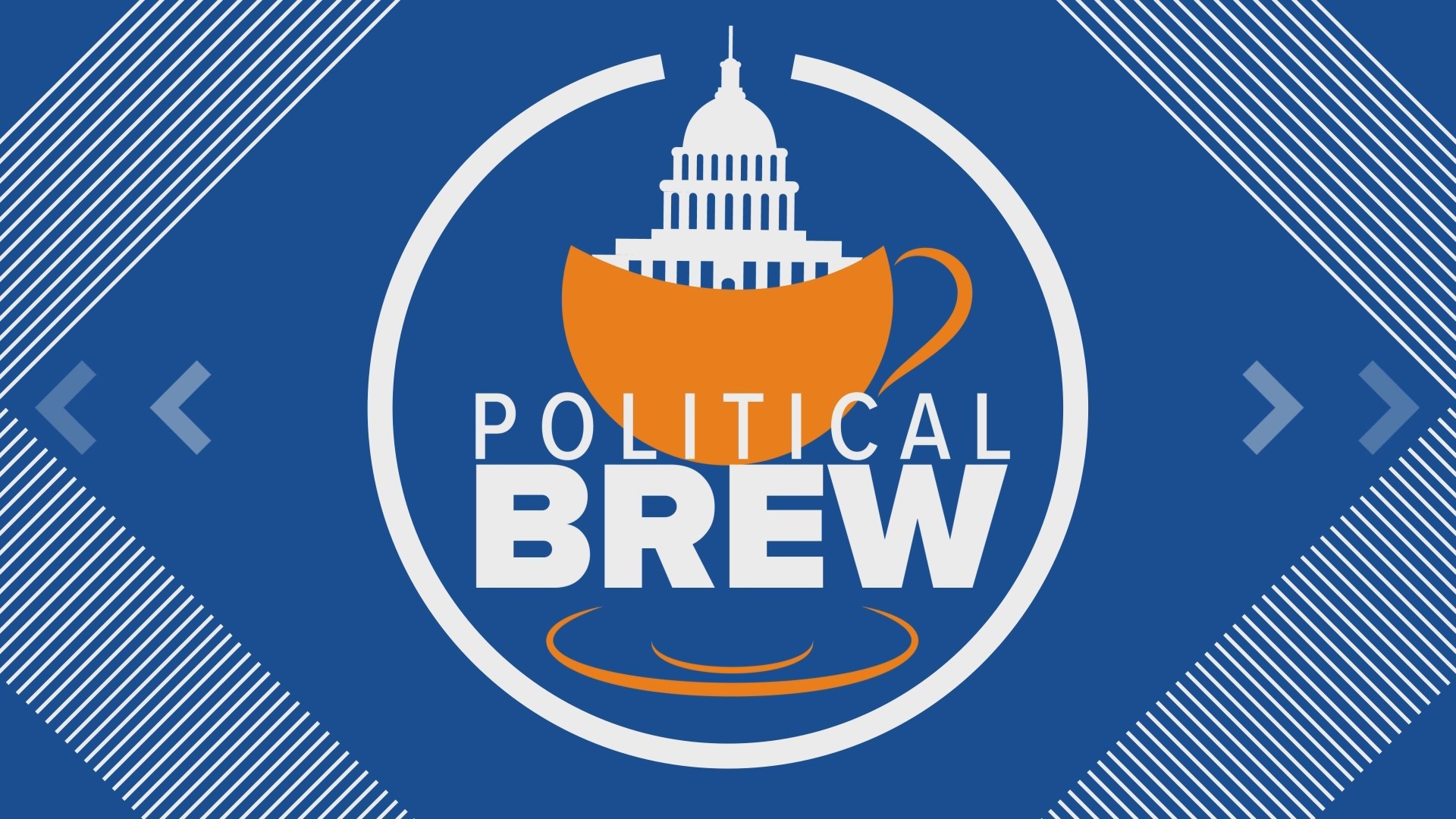MAINE, USA — This past week, the U.S. Supreme Court heard arguments about Mississippi's ban on abortions after 15 weeks of pregnancy. The conservative justices are a 6-3 majority on the court, and in their questioning, they appeared inclined to uphold the law, which would at least scale back Roe v. Wade.
"The fundamental issue here is taking away a basic human right of women to control their own bodies," says Ethan Strimling. He believes the justices are likely to uphold the Mississippi law.
Phil Harriman urges patience since a ruling isn't expected before June.
"This was just oral arguments. Justices often play devil's advocate to make sure that their thinking has been challenged."
Sen. Susan Collins indicates she would support legislation to put Roe v Wade protections into law, though she has reservations about a bill now in the House. Harriman says a decision on filing a new bill isn't necessary until the justices rule.
"Why wait? [Collins] has said from the beginning she supports a woman's right to choose ... She should sponsor the legislation and get it passed before the Supreme Court rules. Unfortunately, nobody believes that's what she's going to do," Strimling said.
The high court will take up a case this week centering on Maine's ban on public funding for religious schools. For nearly 40 years, Maine law has said towns without public high schools will pay tuition so local students can attend a public or private school of their choice in another community as long as it's not a religious school.
Lower courts have upheld Maine's position that this is constitutional.
Strimling said some religious schools have said they won't hire LGBTQ staff. He says "If the court were to allow us to use public funds for schools that are discriminating against Mainers, and who put the Bible front and center of their education, boy, that is a big breach of our values and our constitution."
Harriman said parents should have a right to choose where their kids go to school.
"If where the parents choose to send their child is discriminating, we have laws that deal with discrimination, and they may have to be further tested," he said.
Recent revenue projections show Maine will take in $822 million above previous expectations. Our analysts differ over what to do with that money.
Harriman said, "It should be returned to the taxpayers so they can deal with the inflationary trends that we are experiencing, particularly around energy costs."
"What we're talking about is a couple of hundred bucks for most Maine families, that's unfortunately not gonna be enough money to deal with what's going on," Strimling countered.
He prefers to see the money invested in family leave, education, and affordable housing. He said that can have a big impact on Maine.
"Instead of all these young people who are leaving Maine, we might have young people coming to Maine saying 'that's a place that cares about my family, cares about my education, I want to live there.'"
Strimling and Harriman also discuss a recent court ruling on ballot access by small political parties, the brinksmanship that surrounds so many major issues in Congress, and the efforts to eliminate the city manager position in Portland.
Political Brew airs Sundays on NEWS CENTER Maine's Morning Report.

